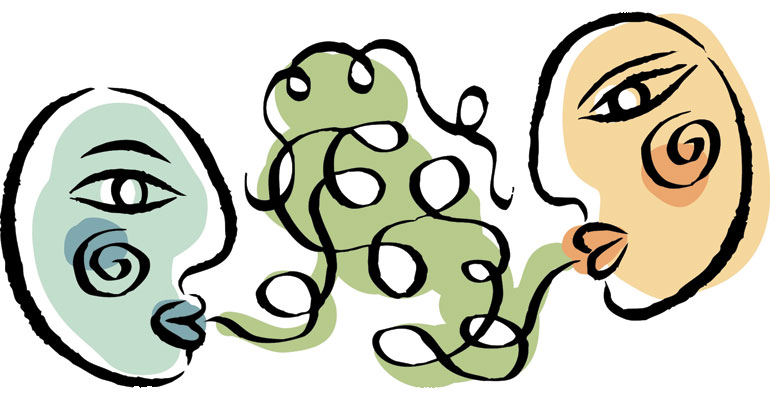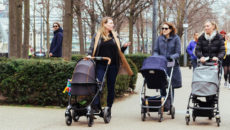After you have adopted, you will get a call — not “the Call,” the one you anticipated for months or years, the one that said, “Your baby is here.” It’s the call from a friend, a neighbor, a coworker, or a distant acquaintance, asking, “Can you talk to someone I know about your experience with adoption?”
I vividly remember that afternoon when my husband, Steve, and I visited a couple we’d been put in touch with. We were starting to think about adoption, and we wanted to hear their story and learn from their experience.
I’ll always feel that they played a huge role in our family, just by giving us a few hours of their time and a cup of coffee. Seeing their daughter running around their living room in red footy pajamas made the process very real and very hopeful.
That’s why I’m always willing to talk whenever anyone calls to ask about adoption. I try to pay forward that family’s kindness by offering the following:
- Encouragement: We enter an unfamiliar world when we look into building our family through adoption. What helped me was meeting new adoptive parents with toddlers in tow. Though we heard about a lot of scary things that can happen in the adoption process, it encouraged us to see the goal.
- Support: The adoption decision often comes after a roller-coaster ride of infertility, loss, and tough choices. We owe it to each other to listen with the understanding that can come from shared experience. I’ve had too many people ask me, “Aren’t you afraid his real parents will try to take him back?” We adoptive parents need each other to diffuse the fear that others burden us with.
- Stories…though maybe not all of them: On the road to our two successful adoptions, Steve and I went through four years of waiting, five “matches” with birth mothers, three changes of heart, including one made after we’d had a baby boy home with us for five days, and several false alarms. Though these experiences are all real, I don’t choose to share them all with prospective parents. They need to know there’s risk and that there can be heartbreaks, but too much information isn’t necessarily helpful.
- Openness education: My family is part of two open adoptions that couldn’t be more different. In one case, we see our child’s birth family frequently, share holidays and birthdays, and the birth grandparents are fully involved — they babysit for us, and they are part of both of our children’s everyday lives. In the other case, we haven’t heard from the birth mother in several years, though we continue to send pictures and letters. We don’t know if she will ever play an active role in our lives, but we know that the choice must be hers. We work through these relationships just as we work through relationships with our own parents, in-laws, siblings, extended family, and friends. If families are considering open adoption, I try to help them see that this is a wonderful path to family.
- Normalcy: In raising our kids, now six and 10 years old, we’ve changed diapers, hosted birthday parties, taught them bike riding — and everything else any other family does. The paperwork and waiting can seem daunting, but, once it’s over, it’s over. Conveying the normalcy of adoptive families can keep the process in perspective.
We’ve all seen the made-for-TV movies. Some are uplifting. Some are terrifying. Some are just flat wrong. It wouldn’t make a compelling story if everything went fine, and birth families and adoptive families lived happily ever after. Yet, mostly, that’s exactly what happens.



